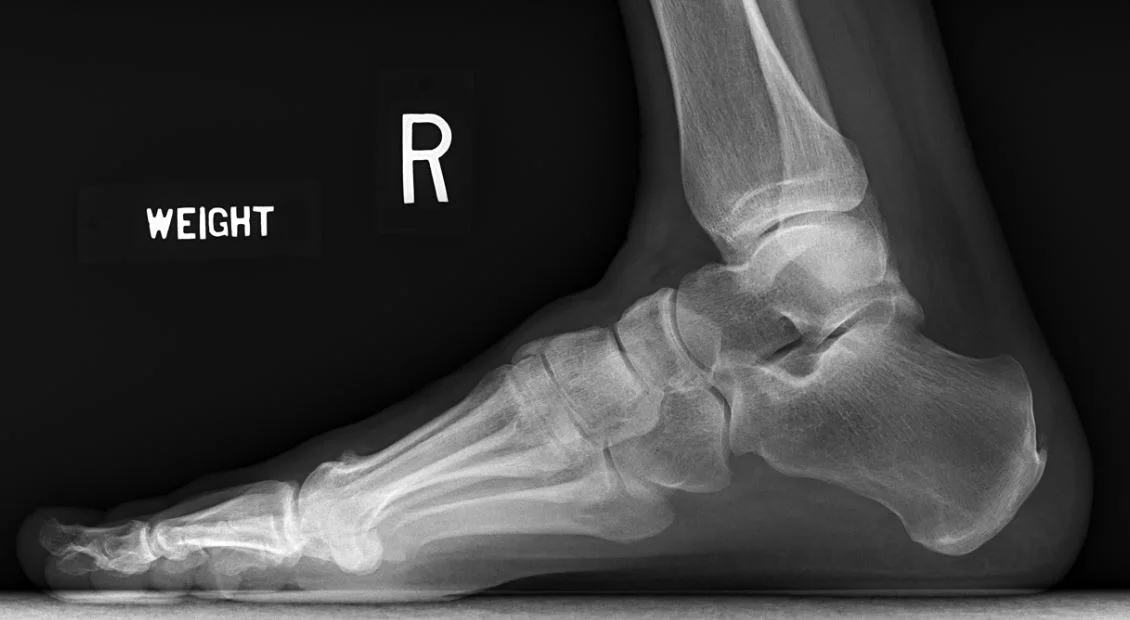A Little Empathy Goes a Long Way
Most physicians chose their profession with noble intentions. I've personally never met a physician who didn't honestly want to be a good doctor to his or her patients. On the other hand, my social media platforms seem to be inundated with stories of patients being disappointed in the care they receive from their doctors and health care delivery in general. The tales of physician misery with the profession don't appear to be slowing down either. Is there a small tweak that can lead to better outcomes for patients and doctors?
Francis Peabody, MD wrote an article in The Journal of the American Medical Association in 1927 called The Care of the Patient. Peabody warns of the danger of being "too scientific" in the practice of medicine and the danger of underestimating the mind-body connection. My favorite quote from this article is:
Time, sympathy and understanding must be lavishly dispensed, but the reward is to be found in that personal bond which forms the greatest satisfaction of the practice of medicine. One of the essential qualities of the clinician is interest in humanity, for the secret of the care of the patient is in caring for the patient.
With the average follow up visit lasting about fifteen minutes due to factors outside the physician's control, time is not something that can be "lavishly dispensed" in most practice situations. However, conveying sympathy and understanding takes no additional time but could lead to better outcomes for patients. Several studies have found a positive correlation between the patient's perception of their physician's empathy and increased diagnostic accuracy, increased patient adherence to therapy and decreased patient pain.
I know I especially love my job in the moments that I've been able to help a patient feel better. I'm sure my patients are more satisfied with me when they have better outcomes, as well. Rheumatology is a discipline where empathy is especially needed. Autoimmune diseases disproportionately affect young people, people who want to be well enough to continue their work and enjoy their families. Autoimmune diseases are also chronic conditions and the rheumatology clinic may be visited more frequently than the primary care physician's office. Establishing a quality relationship with a rheumatologist is essential to better outcomes in diseases like rheumatoid arthritis, lupus and scleroderma.



